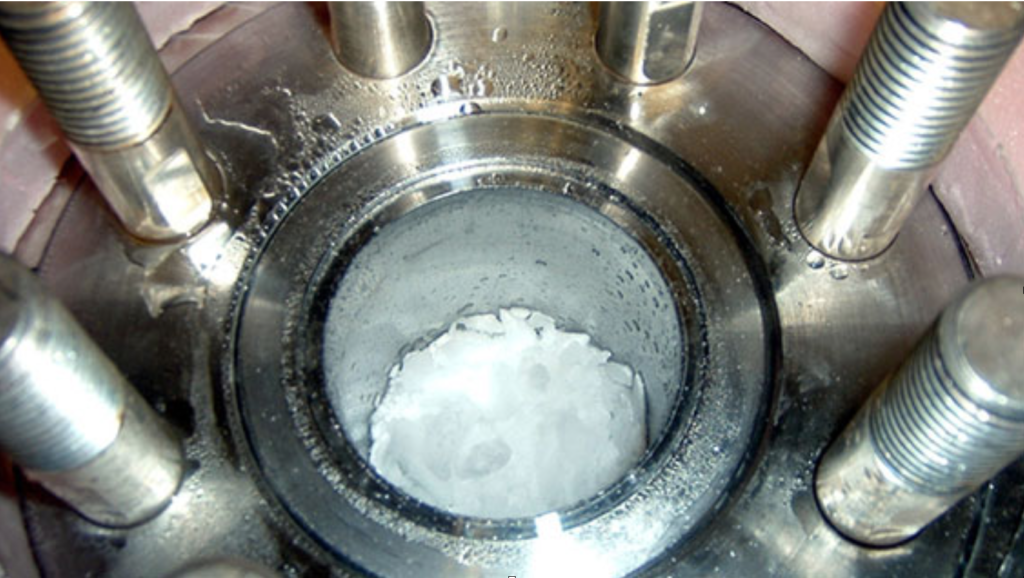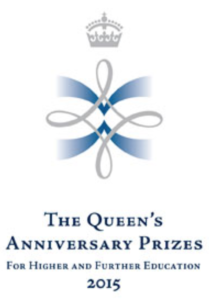
 Heriot-Watt’s Institute of Petroleum Engineering has received a prestigious Queen’s Anniversary Prize, recognising its sustained pioneering work in innovation and research excellence, as the Institute celebrates its 40th anniversary.
Heriot-Watt’s Institute of Petroleum Engineering has received a prestigious Queen’s Anniversary Prize, recognising its sustained pioneering work in innovation and research excellence, as the Institute celebrates its 40th anniversary.
The prize recognises how the Institute’s research and innovation activity spans exploration to production technology, and also harnesses its findings to enhance interdisciplinary work being carried out, including in medical research. It was awarded by the Royal Anniversary Trust, which works to promote world class excellence in UK universities and colleges.
University Principal, Prof Richard Williams, said, “Heriot-Watt University has a long heritage of leadership in innovation. Receiving the Queen’s Anniversary Award, one of the UK’s most prestigious national prizes for world leading research, is a great honour for the staff, students and alumni at the University and a very special accolade in this 40th year since the founding of the Institute of Petroleum Engineering.”
“Heriot-Watt University has a long heritage of leadership in innovation.”
Professor Richard Williams
Institute Director, Prof Dorrik Stow said, “The scope of our research has provided advances to technology central to the oil and gas industry, but it has also opened up new directions for knowledge transfer. The quality of our work has attracted interest from around the world, and we have a global reputation for innovation.”
Much of the Institute’s research focuses on experiments and computer simulation of fluid flow in porous media, such as rock and subsea surfaces. It is particularly exciting that what started out as mathematical modelling to map the flow of oil and gas through rock has transferred across to medical science where the same principles apply to the movement of blood in biological systems. This in turn has helped studies into the formation of tumours and other forms of angiogenesis, where new blood vessels form from pre-existing ones.